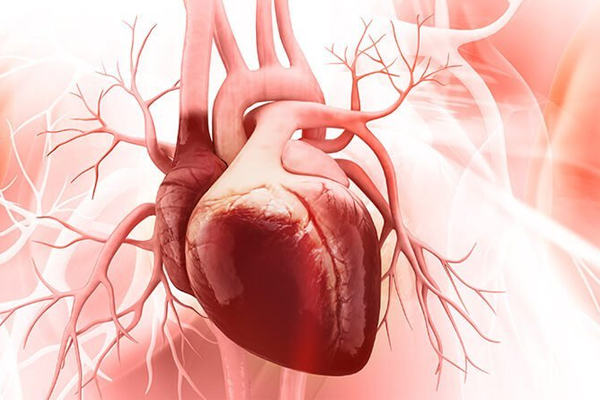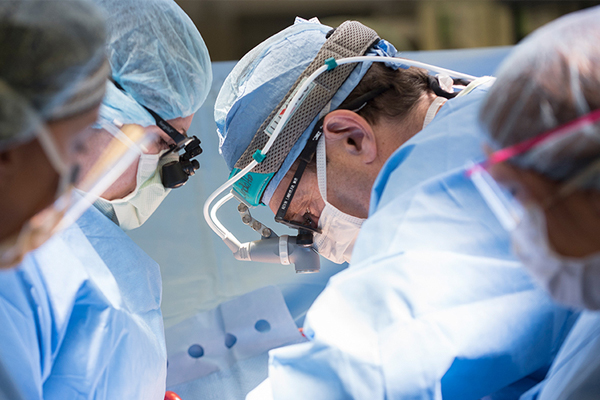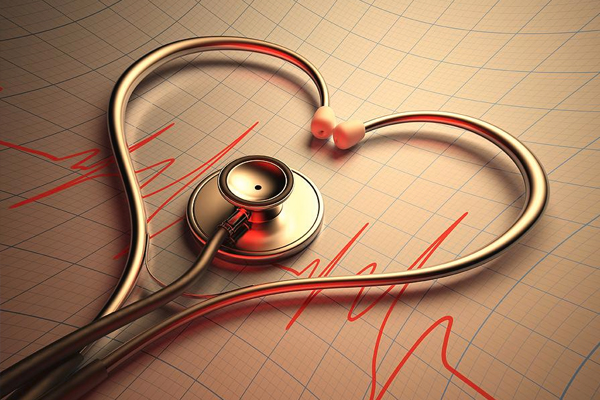What are the 4 signs your Heart is Quietly Failing?
Heart failure signs and symptoms may include:
1. Shortness of breath (dyspnea) when you exert yourself or when
you lie down.
2. Fatigue and weakness.
3. Swelling (edema) in your legs, ankles and feet.
4. Rapid or irregular heartbeat.
5. Reduced ability to exercise.
6. Persistent cough or wheezing with white or pink blood-tinged
phlegm.
What is the Prognosis for Congenital Heart Disease?
About 75% of babies born with a critical CHD
are expected to survive to one year of age. About 69% of babies
born with critical CHDs are expected to survive to 18 years of
age. Survival and medical care for babies with critical CHDs are
improving.
What are the types of Congenital Heart Disease?
Congenital heart disease refers to a range
of possible heart defects.
1. Aortic valve stenosis. Aortic valve stenosis is a serious
type of congenital heart defect.
2. Coarctation of the aorta.
3. Ebstein's anomaly.
4. Patent ductus arteriosus.
5. Pulmonary valve stenosis.
6. Septal defects.
7. Single ventricle defects.
8. Tetralogy of Fallot.
What are the Symptoms of Congenital Heart Disease in Adult?
Common congenital heart disease symptoms in
adults include:
1. Abnormal heart rhythms (arrhythmias)
2. A bluish tint to the skin, lips and fingernails (cyanosis)
3. Shortness of breath
4. Tiring quickly upon exertion
5. Swelling of body tissue or organs (edema)



